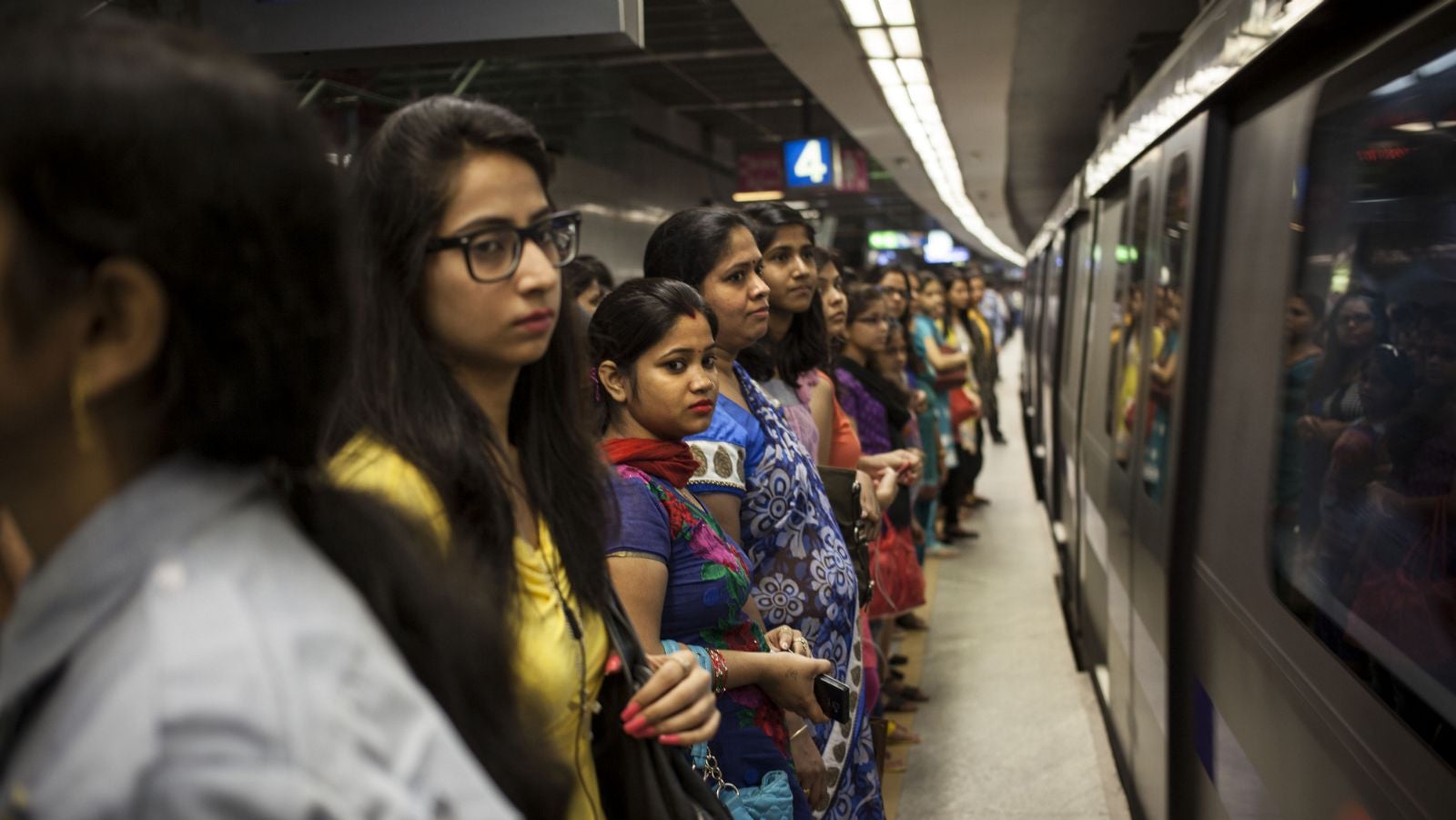Actually, the ladies compartment in the Delhi Metro isn’t such a bad idea
Last week, we wrote about why the Delhi Metro needs to get rid of the ladies compartment. While many agreed with the writer’s argument, some said it was too myopic. We invited readers to present a counter argument. Here is one of them.


Last week, we wrote about why the Delhi Metro needs to get rid of the ladies compartment. While many agreed with the writer’s argument, some said it was too myopic. We invited readers to present a counter argument. Here is one of them.
Ten years ago I was in the middle of a discussion organized by the women’s development cell of my college. As a first-year student, I was listening, starry-eyed, to an articulate senior argue that we do not need separate seats for women on buses because we are equal. Our teacher agreed with the premise but gently reminded us that “it’s not a level playing field.” That gave me something to think about—and I keep going back to it because the field is still not level, except that some of us have become hardened nuts to survive the bumpy ride.
That toughening up takes time, and often young women don’t know the first thing about how it would be to venture into the “jungle” out there. This is where the ladies compartment comes in to make that girl’s first step outside just a little easier.
Solidarity and support
To get a diverse opinion, I went to a group of three young women who were from outside Delhi. When I tried to speak to them, they seemed a bit nervous and I realized that they couldn’t speak Hindi or English. If they had been travelling in the general compartment and had had the guts to speak out against harassment, which language could they have chosen?
Public support at such times is as infrequent. Before a spunky woman can have the satisfaction of having brought her harasser to book, she often has to go through the process alone, which entails speaking out, reporting the harassment, calling the police, convincing them that you don’t want to “let it go” and finally registering an official complaint.
For the past three months, I have been part of a team called Genderventions, which has been using theatre in an effort to make the city a more accessible place for women. While men gather around easily to watch our play on the streets, we often have to approach women and request them to watch. Watching a road show surrounded by men isn’t something they are used to. Once we even had to intervene when a lone young girl at an inter-bus state terminus kept going from one spot to another trying to watch us perform but the shoving crowd of men wouldn’t let her.
Even while performing, in our heads we used to desperately count the number of women in the audience and mostly they could be counted on our fingers. Our other women team members would stand around these women, talking to them, listening to them if they had a point to make that they were softly uttering, urging them to speak out.
We hope that the hesitant ones who broke their silence would continue speaking out. To do that, if they needed that initial solidarity from other women like us (who were in turn encouraged by other women when we weren’t too articulate ourselves) in a predominantly male space, which would have sometimes jostling, sometimes drunk men, we don’t think it’s a reflection on their capabilities.
Back to the compartment
The ladies compartment could also be used just for this initial push. It could be used by women whose family feels comfortable to send them only to girls’ colleges or women-dominated spaces, if there are any. Or when a woman wants to work and her family says she shouldn’t travel alone, the existence of a ladies coach may help her convince them that travel won’t be an issue.
Of course, the coach doesn’t guarantee safety, and work or education cannot be completely empowering if it has to be customized according to orthodox familial and social conventions. But the first foot forward into a brave new world brings to many of these women the courage to break out of these very conventions.
This applies to all of us, not just to women of a certain class or background, because it is a process that we have all gone through or are in the middle of. Priyanka Sharma, a member of the Genderventions team, says that till college she was picked up and dropped in a car. The first time she needed to go somewhere in a rickshaw she wondered about what exactly she should say in order to hire it.
The ladies coach could be in a way a space for unspoken solidarity where women from different backgrounds travel together, drawing strength from and learning from each other. For any woman who has felt the pinch of assumed inferiority and aspired for the self-respect brought in by equality, the ladies coach may be the passage but would never be the final stop.